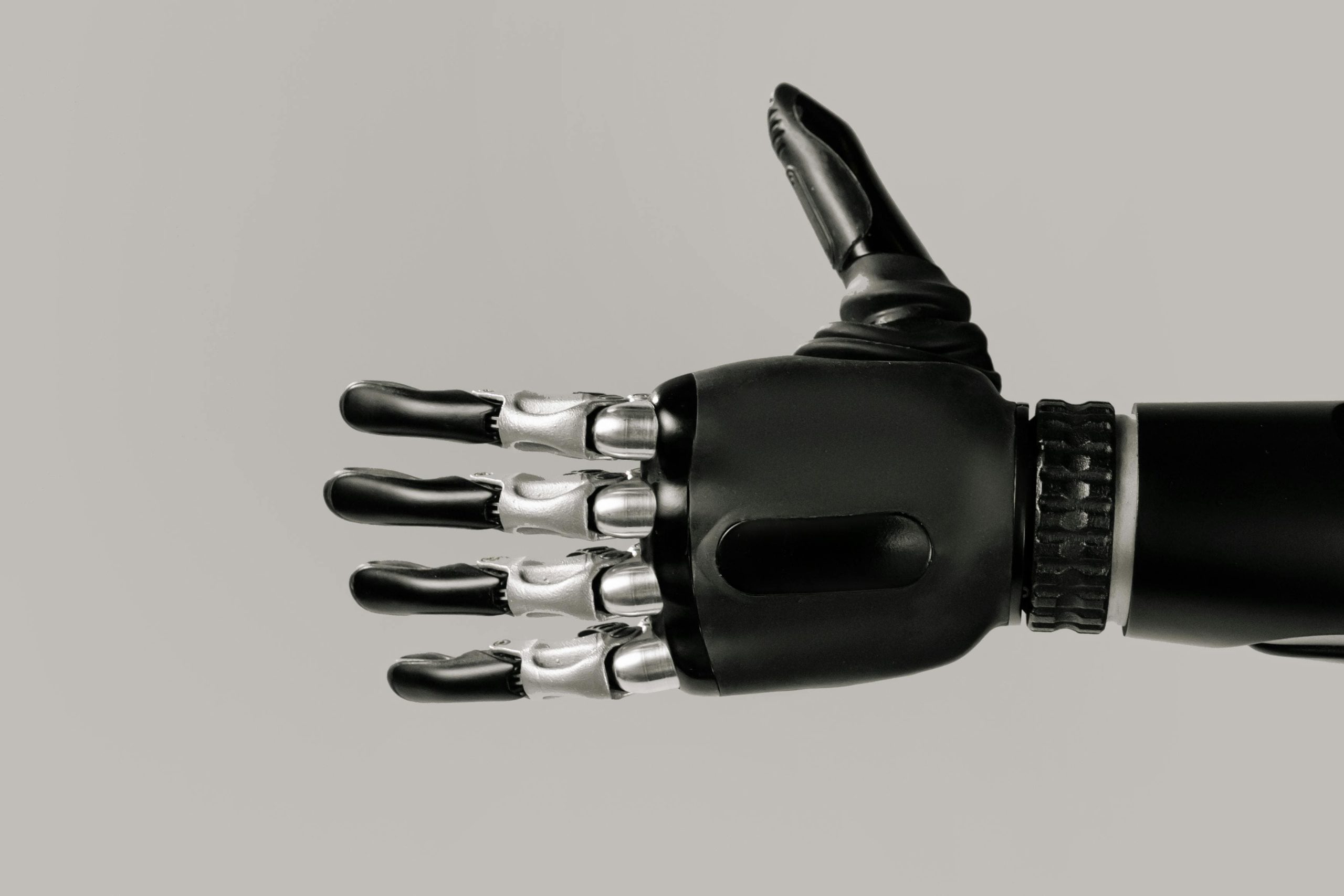A few years back, if someone told you your watch could help catch health problems early, you’d probably laugh it off. But here we are. From wearables to hospital systems, AI in healthcare is becoming part of the norm — not in a flashy, sci-fi way, but in real, practical ways that actually help people every day.
Tracking Your Health Without Thinking About It
You don’t have to be a tech geek to benefit from AI for health and wellbeing. If you wear a fitness tracker, use a sleep app, or even just check your step count — AI is already working in the background. These tools don’t just collect numbers. They start to notice patterns.
Maybe it tells you that your heart rate spikes every night around 3 AM, or that your sleep’s been getting worse lately. This kind of data is incredibly useful — not just for you, but for your doctor too, if it ever comes to that.
Spotting Issues Sooner, Not Later
In hospitals, AI technology in healthcare is helping doctors catch things faster — sometimes before symptoms even show up. Algorithms can now scan X-rays or blood test results and flag unusual signs that a human eye might miss.
This isn’t about replacing doctors. It’s about giving them tools that help them do their job better. Think of AI as a second set of eyes, one that doesn’t get tired and can process massive amounts of data in seconds.
Less Guesswork, More Prevention
Healthcare has always been about treating people once they’re already sick. But AI is starting to shift that model. By analyzing a mix of your medical history, lifestyle habits, and even genetics, some systems can predict what conditions you’re more likely to face down the road.
This lets doctors — or even just you — take action early. Change your diet. Get screened sooner. Small stuff that might stop something big from happening later. That’s one of the biggest promises of AI in the healthcare sector — smarter prevention, not just smarter treatment.
Tailored Care, Not One-Size-Fits-All
People are different. So it makes sense that their treatment should be too. With AI innovation in healthcare, we’re seeing the rise of truly personalized medicine.
Say two patients have the same condition — AI might recommend different treatments for each, based on how their bodies are likely to respond. It’s still early days, but the potential here is huge. Instead of trial and error, we get something closer to custom-built care.
Helping Hospitals Run Better
Behind the scenes, AI is also cleaning up the mess of healthcare admin. Hospitals are using it to manage appointments, cut down on wait times, and even automate boring paperwork. It’s not glamorous, but it makes a difference.
There are also AI-powered chatbots now that help patients get answers to basic questions — no more waiting on hold or navigating confusing websites. It’s all part of the quiet but important role AI application in healthcare plays in making systems work better for everyone.
So Where Are We Headed?
The future of AI in healthcare is full of potential — but not without questions. How do we protect personal data? Who’s responsible when a machine makes a bad call? These are challenges we still need to solve.
But the direction is clear: better tools, earlier insights, and care that’s actually centered around people. Not just treating disease, but helping us stay well in the first place.









Leave a Reply